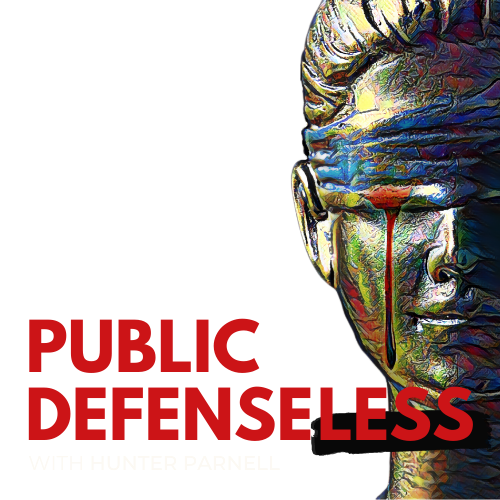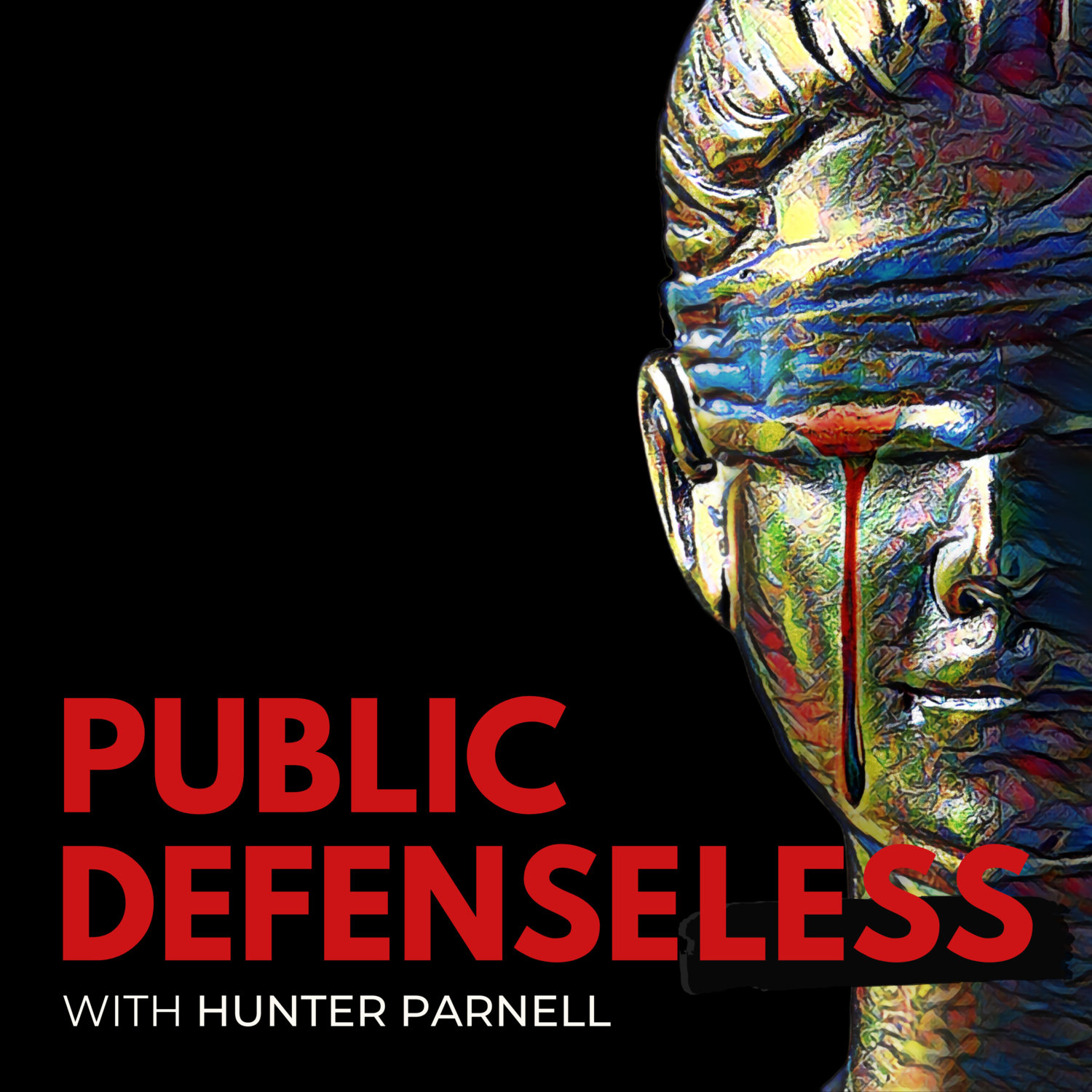Could Veteran Treatment Courts be the Key to Unlocking Criminal Justice Reforms? with David Pelletier
Today on the show, Hunter is joined by David Pelletier, a Project Director in the Justice for Veterans division of the National Association of Drug Court Professionals, to discuss Veteran Treatment Courts. Founded by a lone judge in Buffalo, New York, Veteran Treatment Courts follow in the 30+ year tradition of broader treatment courts. These courts all seek to offer alternatives to incarceration that drive towards the root causes of someone’s involvement with the criminal legal system through a culturally competent lens.
For Veteran’s Treatment Court, the goal is to offer veterans suffering with acute medical needs a path towards recovery through a process that saves them from lengthy counter productive prison stints. As David shares, these individualized courts that drive at eliminating the root causes that landed someone tied up with the legal system. Yet while the success of the courts is not in question, the courts offer much more for communities to consider.
In many places, communities find themselves holding two thing ideals: they should be tough on crime, but they should also be caring to their veteran populations, and this is where Veteran Treatment Courts have so much potential. By adopting Veteran Treatment Courts, these communities are exposed to the power of viewing each person through a holistic and individualized lens. Hopefully, this may lead communities to consider other treatment courts or even expanding access to care before someone ever becomes entangled with the legal system.
After this conversation, you will hopefully walk away feeling inspired to think about the ways you could help kickstart similar non-carceral interventions in your own community!!
Guests:
David Pelletier, Project Director, National Association of Drug Court Professionals, Justice For Veterans Division, Marine Corps Veteran
Key Topics and Takeaways:
David’s journey from the Marine Corps to Justice for Veterans [5:38]
What is Veteran Treatment Court? [8:28]
Why do we need a Veteran Treatment Court [14:37]
How can Veteran Treatment Court help criminal justice reform more broadly? [28:40]
How to start a Veteran Treatment Court and what are the benefits of doing so [32:45]
How to represent and relate to a veteran in the legal profession [43:00]
Generational Differences and ongoing issues amongst the Veteran Community [46:40]
Resources:
Justice for Veterans Website
State of The American Veteran Survey
Search for Veteran Status
Brock Hunter Special Considerations for Representing Veterans
Brock Hunter's guide to representing Veterans
Porter V. McCollum, 558 US 30 – Supreme Court 2009
A lawyer provides ineffective assistance of counsel if he or she does not investigate a client’s military service and present aspects of it as potential mitigating factors.12 The Court held that not only was it relevant that the veteran-defendant had “extensive combat experience” and had “served honorably under extreme hardship and gruesome conditions,” but also “that the jury might find mitigating the intense stress and mental and emotional toll that combat took” on the defendant.
One of Hunter’s former guests, Travis Wiener is helped with the making of this really awesome documentary. While it is not in any way affiliated with the Veterans for Justice group, Hunter felt like it was a powerful resource for people to gain insight onto some of the challenges Iraq and Afghanistan veterans face.
Meatgrinder Documentary
Website: https://www.meatgrinderdoc.com
Youtube channel:
Follow David on Twitter
Email David:
Contact Hunter Parnell:
hwparnell@publicdefenseless.com

